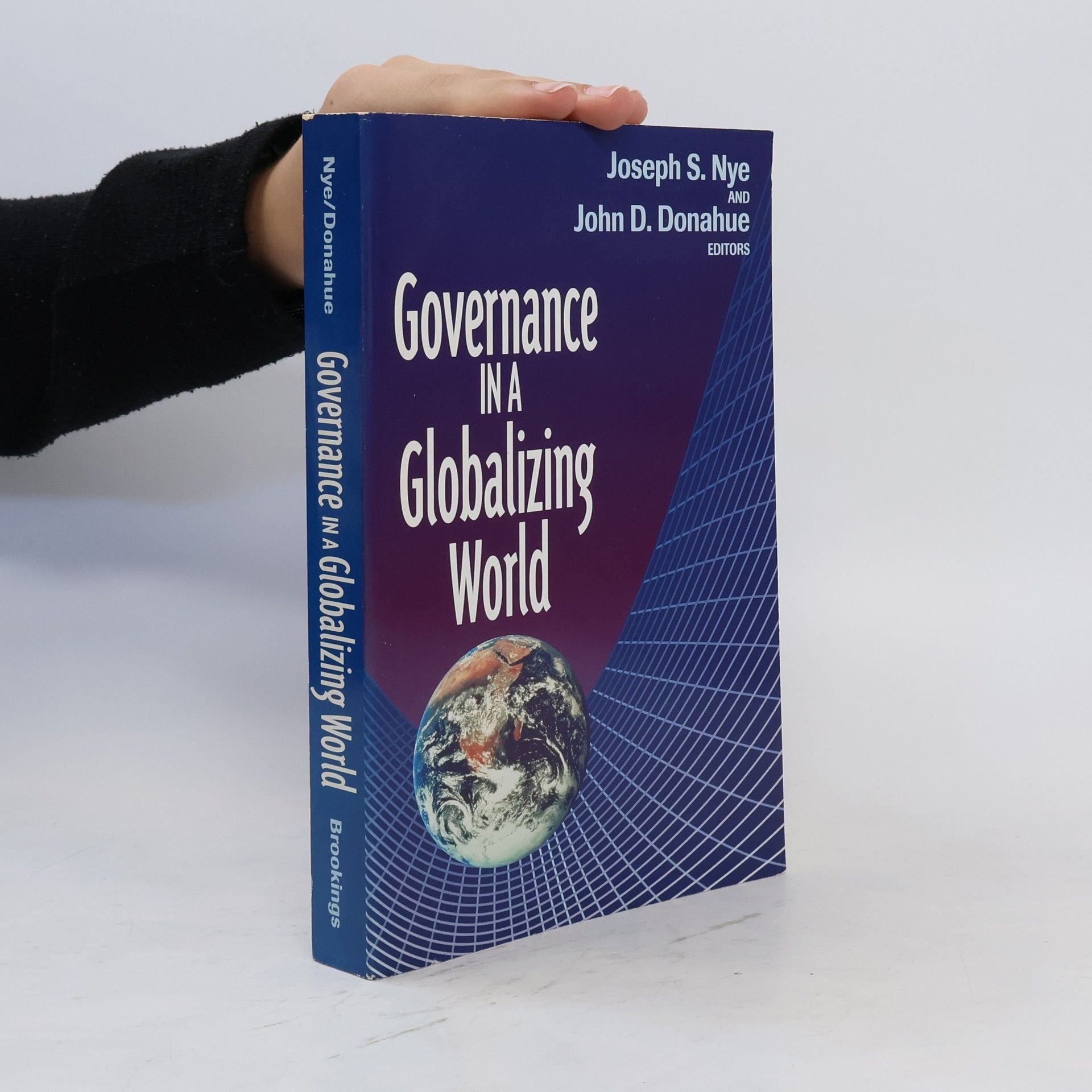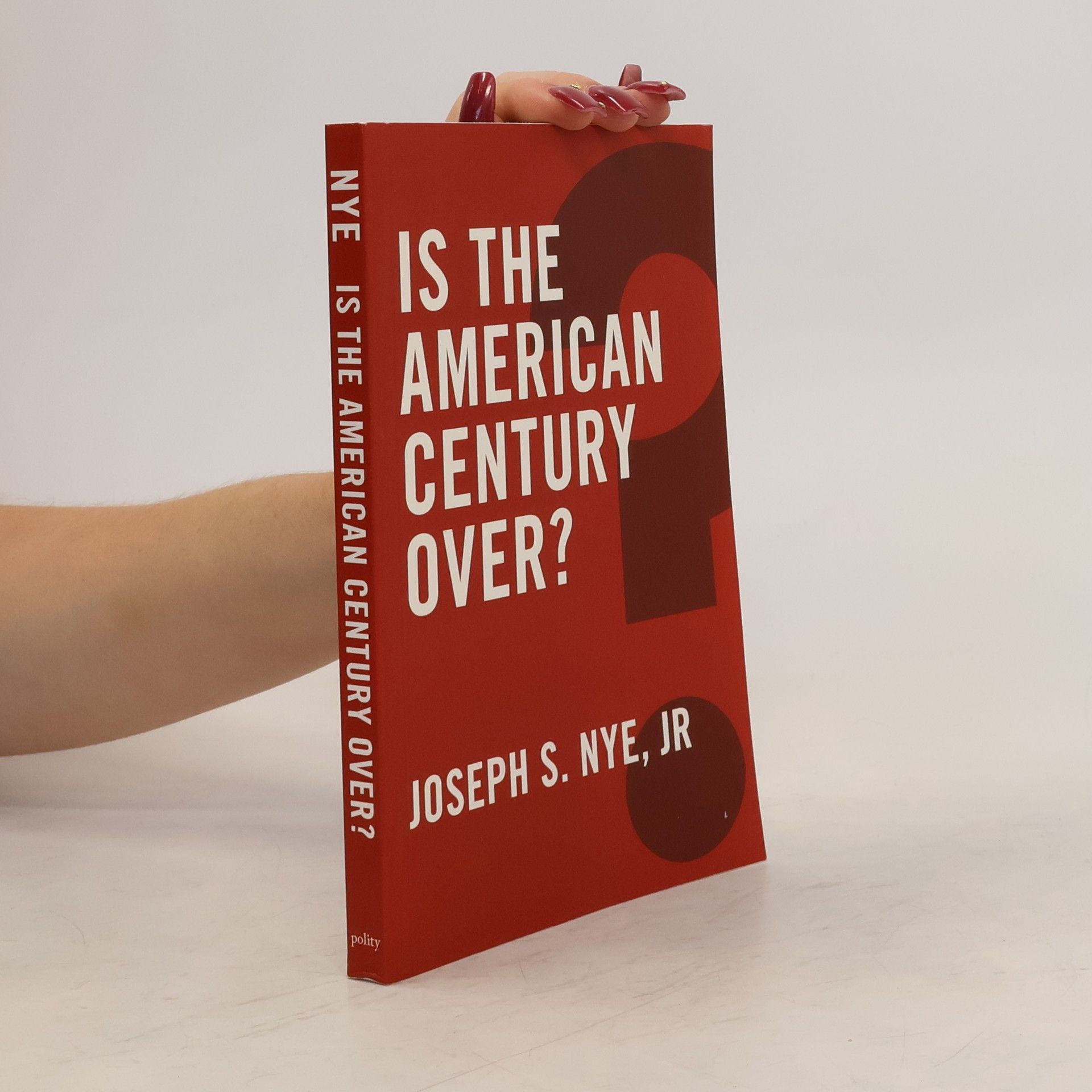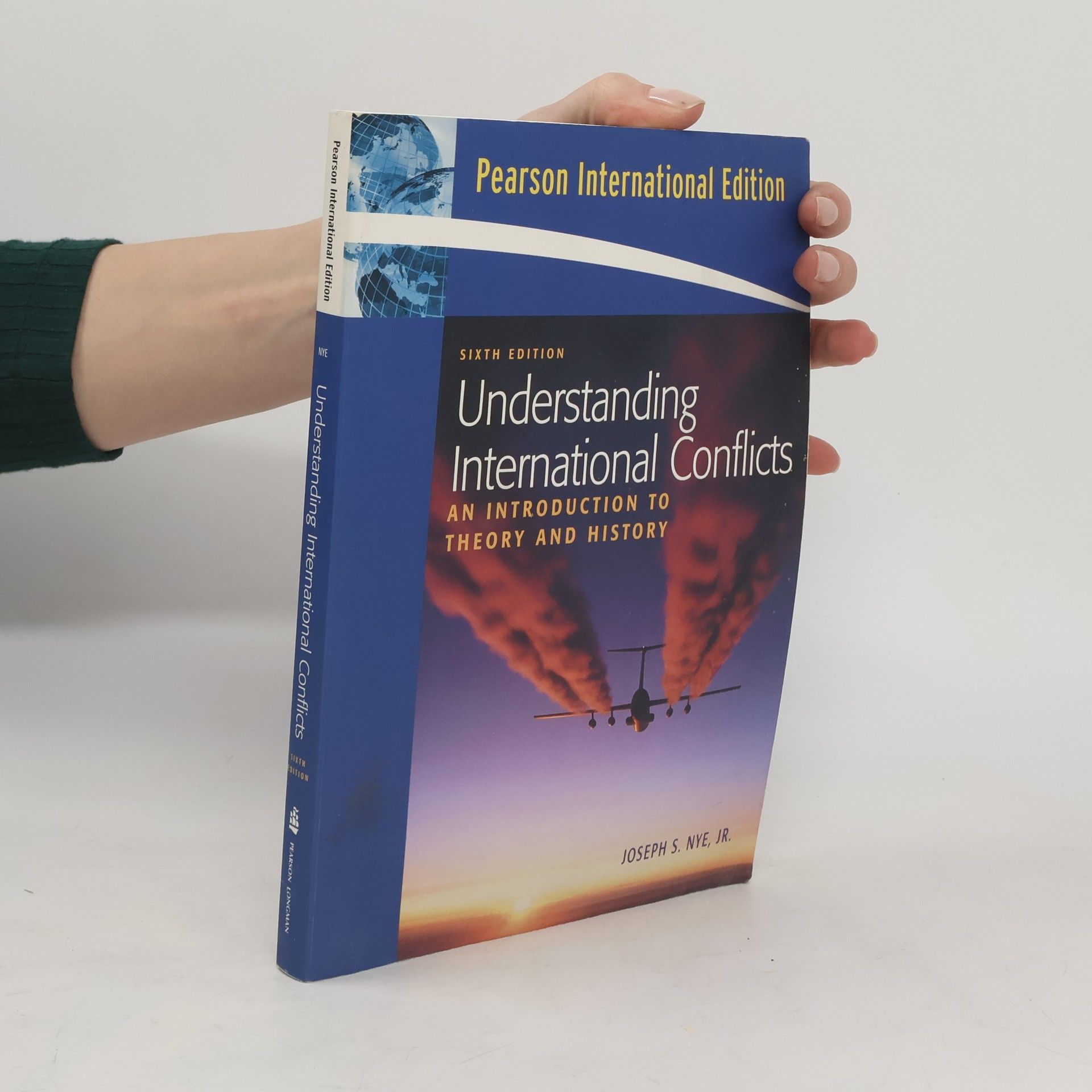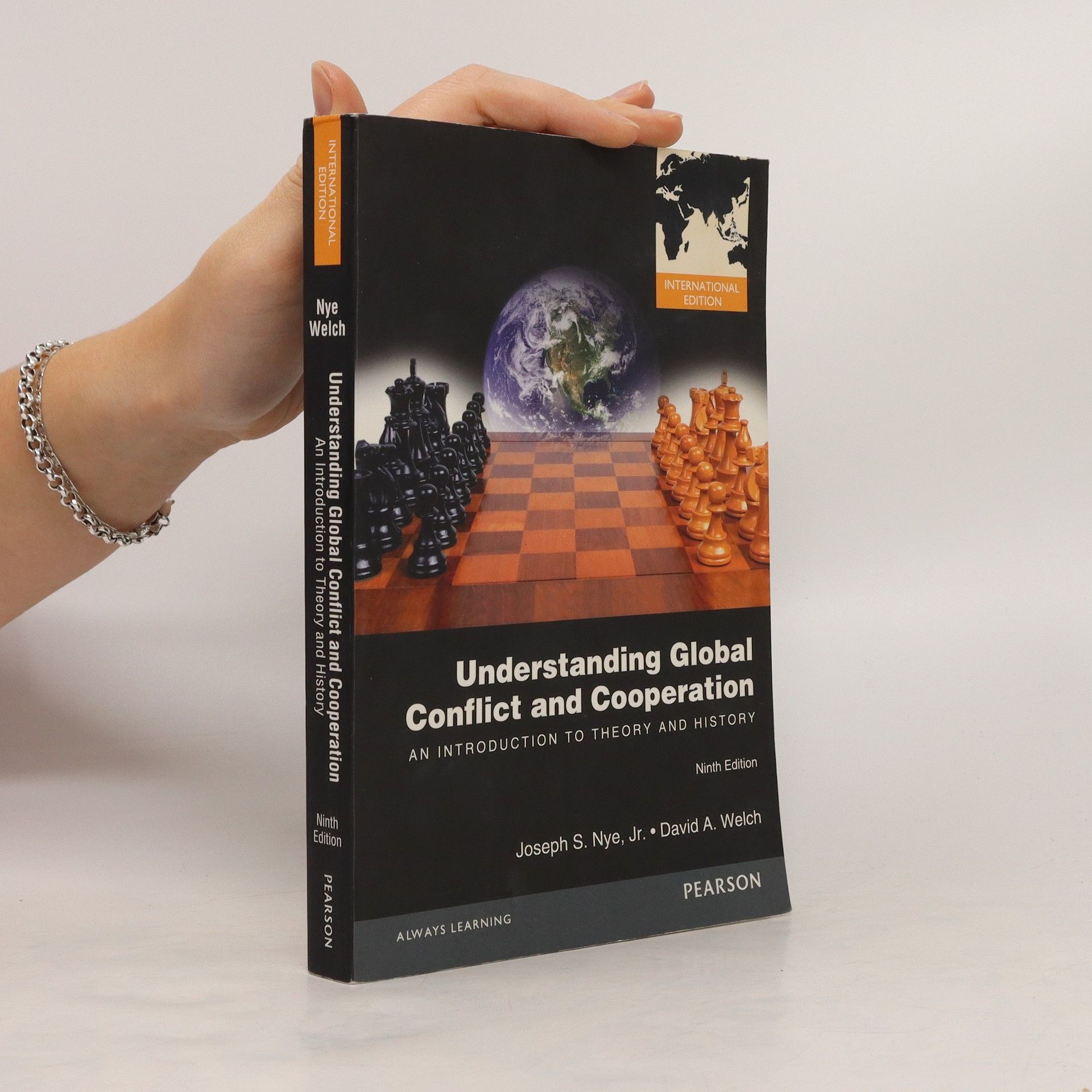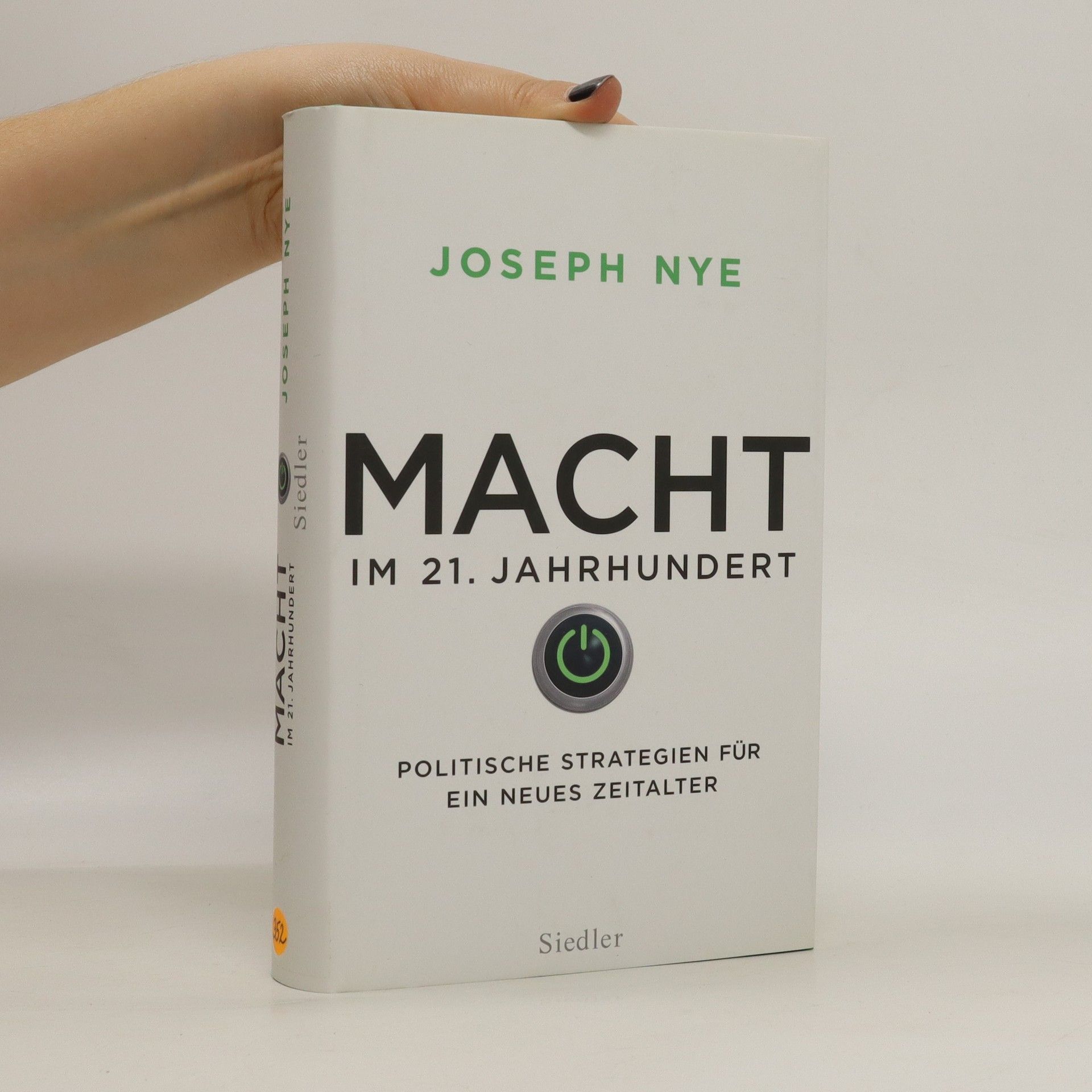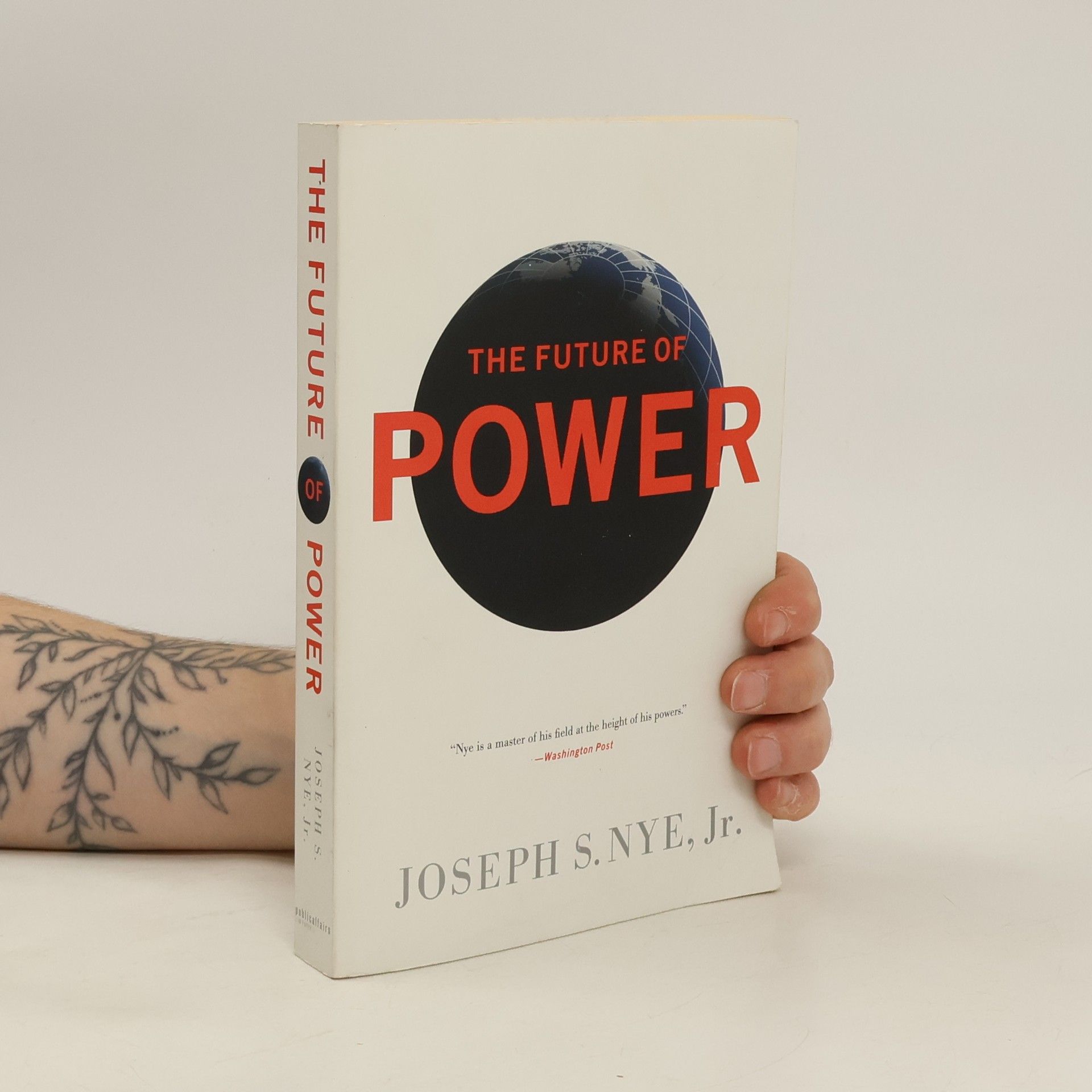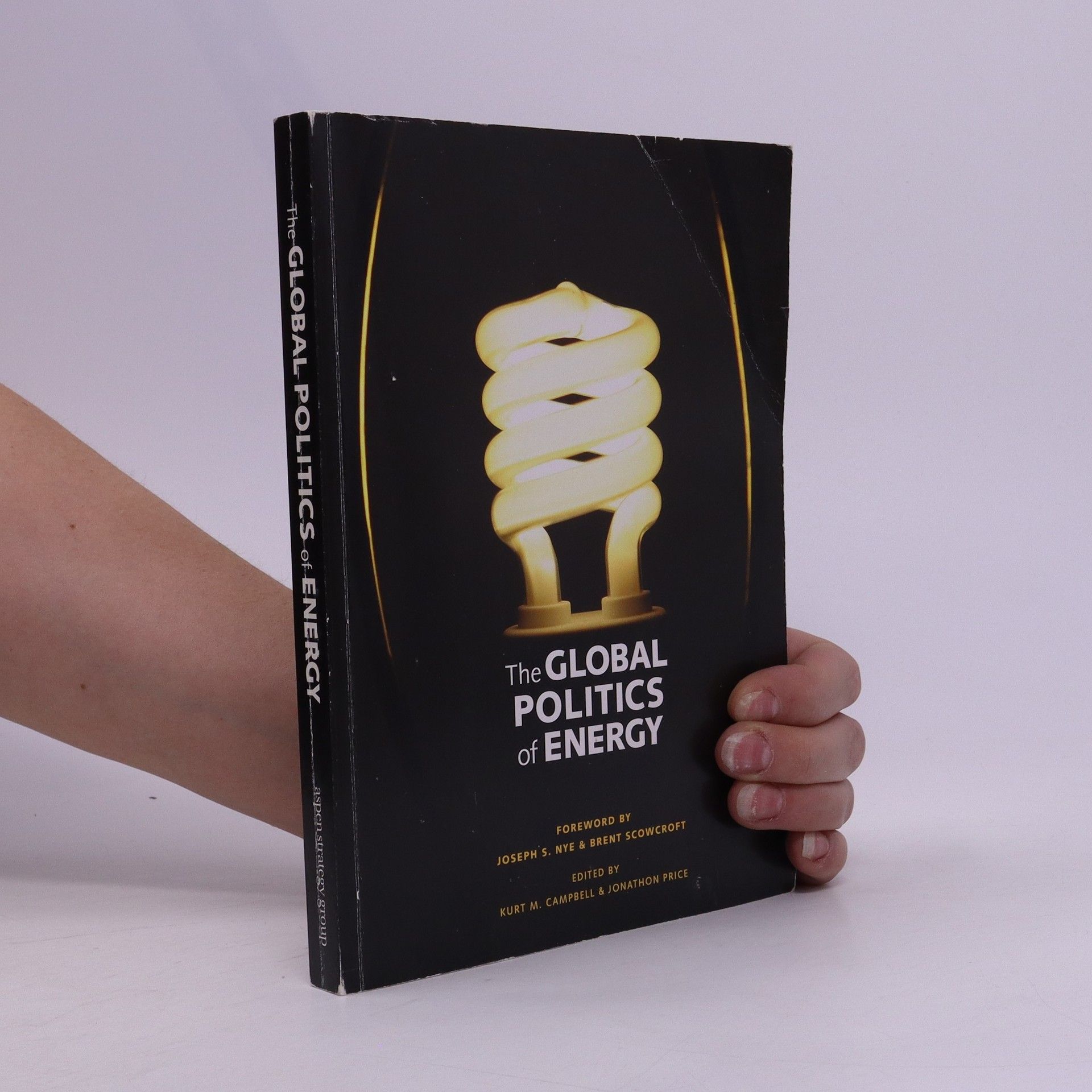A Life in the American Century
- 254 pages
- 9 hours of reading
For the past eight decades, we have lived in “the American Century” – a period during which the US has enjoyed unrivalled power – be it political, economic or military - on the global stage. Born on the cusp of this new era, Joseph S. Nye Jr. has spent a lifetime illuminating our understanding of the changing contours of America power and world affairs. His many books on the nature of power and political leadership have rightly earned him his reputation as one of the most influential international relations scholars in the world today. In this deeply personal book, Joseph Nye shares his own journey living through the American century. From his early years growing up on a farm in rural New Jersey to his time in the State Department, Pentagon and Intelligence Community during the Carter and Clinton administrations where he witnessed American power up close, shaping policy on key issues such as nuclear proliferation and East Asian security. After 9/11 drew the US into wars in Iraq and Afghanistan, Nye remained an astute observer and critic of the Bush, Obama and Trump presidencies. Today American primacy may be changing, but he concludes with a faint ray of guarded optimism about the future of his country in a richer but riskier world.

